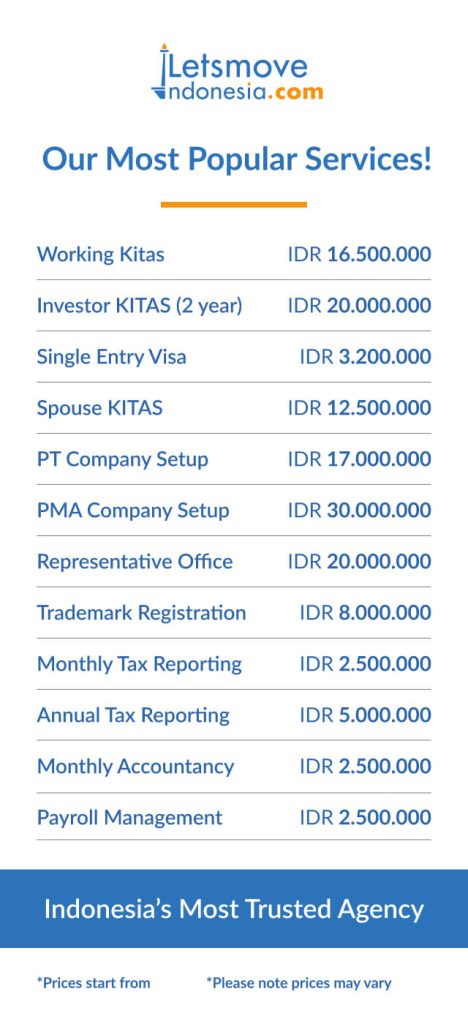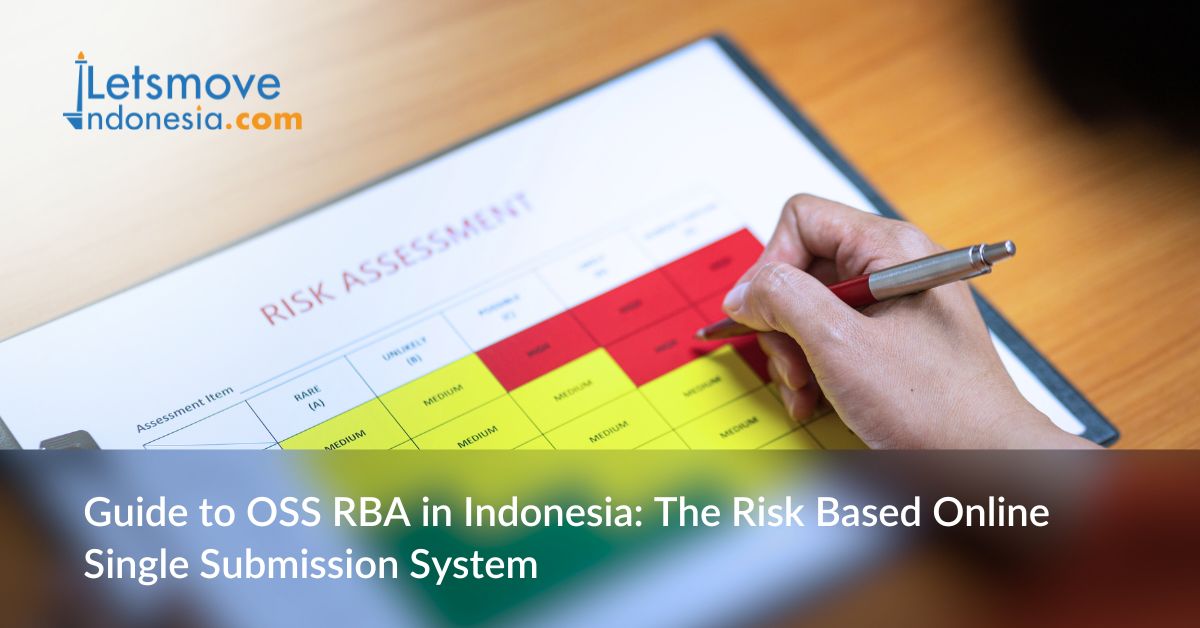For businesses operating in Indonesia as Pengusaha Kena Pajak (PKP), mastering the e-Faktur system is no longer just an administrative requirement; it is a core component of modern tax compliance. In a regulatory landscape that continues to digitise, the electronic tax invoice system has become essential for businesses aiming to maintain efficiency, transparency, and full alignment with Indonesian tax law.
As companies increasingly rely on digital reporting tools, e-Faktur stands at the centre of Indonesia’s tax transformation strategy. The system streamlines the creation, validation, submission, and storage of tax invoices electronically, greatly reducing manual errors and ensuring traceability. With the right understanding and proper execution, e-Faktur can become one of the easiest parts of your tax routine.
This article offers updated regulations, practical steps, common pitfalls, and insights on how businesses navigate tax obligations with confidence.
What is e-Faktur and Why Is It Mandatory for PKP?
At its core, e-Faktur is an electronic tax invoice that PKP businesses must issue when delivering Barang Kena Pajak (BKP) or Jasa Kena Pajak (JKP). Its use is governed by several key regulations:
-
PMK No. 151/PMK.03/2013 sets the procedure for creating and replacing electronic tax invoices.
-
PER-16/PJ/2014 outlines the technical mechanism for issuing and reporting e-Faktur.
-
SE-20/PJ/2018 provides direction on using and allocating Nomor Seri Faktur Pajak (NSFP).
These frameworks emphasise that e-Faktur is not optional. The Directorate General of Taxes (DJP) requires every PKP to adopt the electronic system, ensuring consistency and better compliance monitoring nationwide.
For businesses, this digital approach brings significant advantages: real-time validation, automation of invoice numbering, and reduced risk of administrative penalties.
Practical Steps to Complete e-Faktur for PKP
While e-Faktur may seem technical at first, the process becomes straightforward when approached step-by-step. PKPs should follow these essential stages to ensure seamless issuance and reporting.
1. Prepare Supporting Documents
Before accessing the system, businesses must ensure all documents—sales invoices, proof of payment, customer details—are complete. Missing information can delay the input process and increase the risk of errors during validation.
2. Log in to the e-Faktur Application
Access the official DJP platform using your PKP credentials.
Two elements must be active:
-
A valid electronic certificate,
-
A registered PKP account.
Always ensure you are using the latest version of the e-Faktur application, as DJP updates may affect compatibility.
3. Input Transaction Data Accurately
Enter required transaction details, including:
-
Buyer’s NPWP,
-
Description of goods or services,
-
Pricing and Dasar Pengenaan Pajak (DPP),
-
Applicable VAT rate.
Accurate input is crucial. Even minor discrepancies can result in invoice rejection.
4. Generate NSFP
Each invoice requires a valid Nomor Seri Faktur Pajak issued by DJP.
Every NSFP is unique and can only be used once. Misuse can lead to administrative consequences.
5. Validate e-Faktur
The system automatically checks for inconsistencies. Any flagged errors must be corrected before uploading. Validation helps prevent faulty invoices from being officially recorded.
6. Upload and Finalise the Invoice
Once validated, upload the invoice through the official DJP server. After approval, your e-Faktur becomes legally valid.
7. Download and Archive Your e-Faktur
All e-Faktur must be stored digitally for audit and compliance purposes. Regulations require businesses to maintain an archive for the period specified by the Directorate General of Taxes.
Regulatory Overview: What Businesses Must Know
Indonesia’s e-Faktur ecosystem relies on strict and integrated regulations designed to ensure invoice authenticity, prevent tax fraud, and centralise reporting data.
The main regulations include:
-
PMK 151/PMK.03/2013: Procedures for creating and replacing e-Faktur.
-
PER-16/PJ/2014: Technical rules for issuing and submitting e-Faktur.
-
SE-20/PJ/2018: Guidelines for NSFP distribution and usage.
Understanding these rules reduces the risk of invoice rejection or incomplete reporting. For PKP businesses, regulatory clarity safeguards operations from unnecessary penalties.
Tips to Ensure Smooth e-Faktur Operations
To avoid administrative errors and maintain seamless compliance, businesses should adopt these best practices:
-
Update the e-Faktur application regularly to match DJP’s latest version.
-
Perform monthly data backups to protect against file corruption or loss.
-
Double-check transaction data before uploading. Small errors can render an invoice invalid.
-
Use NSFP according to allocation, and avoid reusing numbers from previous batches.
-
Monitor approval status through the DJP system to detect issues early.
-
Avoid unofficial software that may compromise data security.
These practices ensure uninterrupted reporting, protection from audits, and strong compliance posture.
Common e-Faktur Mistakes and How to Avoid Them
PKP businesses often encounter errors during e-Faktur submission. Common issues include:
-
Uploading invoices after the deadline,
-
Incorrect buyer NPWP or item details,
-
Using NSFP outside the allocated range,
-
Failure to archive issued invoices.
When invoices are rejected, immediate correction and resubmission are essential to restore legal validity and avoid compliance gaps. Mistakes often stem from rushed data entry or outdated application versions, which can be easily mitigated with proper workflow management.
Mastering e-Faktur Is an Investment in Business Efficiency
Managing e-Faktur is more than checking off a compliance requirement. When implemented correctly, it strengthens internal controls, increases transparency, and reduces the possibility of human error. For companies planning future audits, expansion, or operational restructuring, a well-managed e-Faktur system becomes a strategic asset.
As Indonesia continues accelerating digital tax reforms, businesses that adapt early gain a competitive edge. Proper documentation, timely reporting, and systematic archiving will support long-term stability and readiness for regulatory changes.
How Lets Move Indoensia Helps Businesses Navigate e-Faktur and Tax Compliance
For many PKP businesses, understanding e-Faktur is just the beginning. The real challenge comes with ensuring end-to-end compliance—from invoice issuance to monthly VAT reporting, NPWP registration, corporate tax planning, and audit preparedness.
Lets Move Indoensia offers comprehensive support for businesses, including:
1. e-Faktur Setup & Technical Assistance
We help PKPs activate electronic certificates, configure the e-Faktur application, manage NSFP allocations, and troubleshoot upload or validation errors.
2. VAT Reporting & Monthly Compliance
Our tax consultants manage periodic VAT filings, reconciliations, and reporting to ensure your e-Faktur aligns with DJP’s requirements.
3. Corporate Tax Advisory
We support strategic tax planning, SPT reporting, and compliance risk assessments to keep your business safeguarded from penalties.
4. Business Setup & Licensing Consultation
For new companies entering Indonesia, Lets Move Indoensia provides end-to-end business establishment services, including PT Local and PT PMA registration, NIB licensing, and tax identity activation, ensuring your entire tax system is properly structured from Day 1.
5. Audit Support & Document Management
We help businesses maintain proper e-Faktur archiving, documentation, and audit readiness to support long-term stability.
Running Your e-Faktur Smoothly With Lets Move Indoensia
With the right support, managing e-Faktur becomes easier, faster, and risk-free. For either a new PKP or an established corporation, Lets Move Indoensia ensures your tax compliance runs seamlessly, allowing you to focus on growing your business.
As a subsidiary of LMI Consultancy, Lets Move Indonesia provides end-to-end and expert assistance in:
- Tax registration and NPWP issuance
- Payroll and withholding management for employers of expatriates
- Tax planning, reporting and other compliance
- Visa and work permit coordination to align immigration and taxation
Contact us today and partner with our in-house tax specialists ensure your filings are accurate, timely, and fully compliant with Indonesian regulations. Focus on your business and career growth without the stress of navigating bureaucracy.












